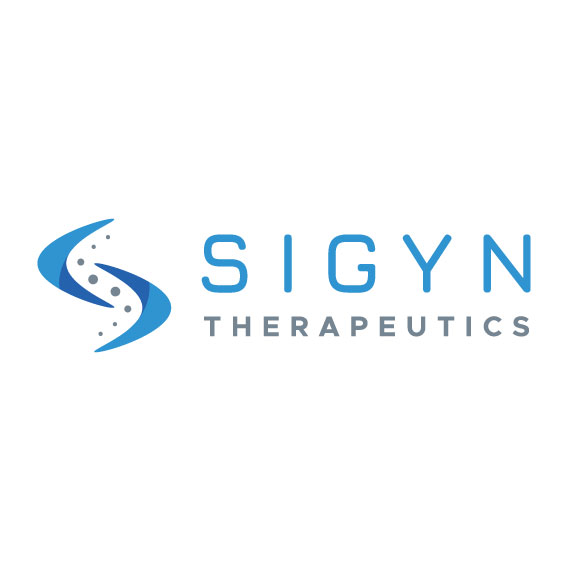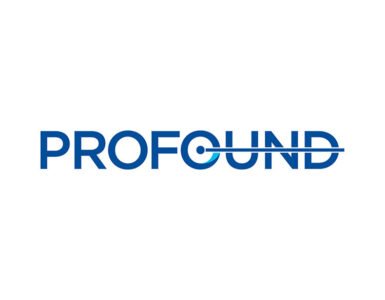
In a letter to shareholders to Sigyn Therapeutics’ (OTCQB:SIGY) shareholders, Jim Joyce, chairman and CEO, said as a small organization operating in a world with short-term expectations, the company has “not wavered from making decisions and sacrifices that support our long-term objective to build an enduring organization whose therapies save lives.”
He said over the past 18 months, the company set the stage for first-in-human studies of Sigyn Therapy and also “quietly built a foundation for therapeutic devices to enhance the performance of cancer therapies.”
Mr. Joyce said with support from industry colleagues and the steadfast dedication of its team, the company established a “lineup of therapeutic candidates that is unique within our industry.” These include:
The ImmunePrep Platform
Immunotherapeutic antibodies to treat cancer are among the most valued assets in global medicine. However, these drugs suffer from a severe limitation. Only a fraction of an antibody dose reaches its cancer cell target, yet a significant portion of the same dose can be sequestered from delivery by circulating decoys that display the target (antigen) binding site of the antibody. With more than 1,000 therapeutic antibodies being evaluated in human studies, there was no strategy to reduce the circulating presence of decoys that block the delivery of these drugs.
Mechanistically, ImmunePrep is intended to leverage the use of therapeutic antibodies to create extracorporeal blood purification devices that sweep antibody decoys from the bloodstream prior to the subsequent infusion (normal delivery) of the same therapeutic antibody.
Mr. Joyce said Sigyn’s regulatory strategy “is initially directed toward the development of ImmunePrep products that incorporate market-cleared antibodies already demonstrated to be safe and effective in human studies.”
ChemoPrep & ChemoPure
Recent scientific publications have reported that only 1% of chemotherapy is successfully delivered to the tumor cell targets of cancer patients. In response, Sigyn began to investigate strategies to overcome the delivery limitations of the most commonly administered drug to treat cancer. “Inversely, we recognized if 99% of chemotherapy was missing its therapeutic target, then there was an additional need to remove off-target chemotherapy from the bloodstream to reduce toxicity and limit organ damage,” Mr. Joyce said.
To enhance chemotherapy delivery, Sigyn designed ChemoPrep to reduce the circulating presence of tumor-derived exosomes (cancer exosomes) that interfere with chemotherapy delivery and contribute to treatment resistance. Mr. Joyce pointed out that, “as compared to non-cancer subjects, exosome populations are reported to be 10x to 500x higher in the bloodstream of cancer patients.”
Mr. Joyce also said there is a compelling scientific rationale to reduce the circulating presence of cancer exosomes prior to chemotherapy administration. “In this regard, we envision the possibility of improving chemotherapy delivery with lower doses. Such an achievement could contribute to addressing ongoing drug shortages that have limited the availability of chemotherapy to cancer patients.”
Post-chemotherapy administration, ChemoPure is intended to reduce treatment toxicity by depleting the presence of off-target chemotherapy from the bloodstream. According to Mr. Joyce, a reduction in chemotoxicity may also alleviate treatment-related fatigue and temper the long-term health consequences associated with chemotherapy administration.
Sigyn Therapy
The company continues to advance Sigyn Therapy to treat pathogen-associated inflammatory disorders that are not addressed with FDA approved drugs. Sigyn’s candidate treatment indications for the technology include community-acquired pneumonia, drug-resistant viral & bacterial infections, endotoxemia, and sepsis, the leading cause of hospital deaths in the United States.
Sigyn Therapy incorporates a formulation of adsorbent components that have more than 200,000 square meters (~50 acres) of surface area on which to adsorb and remove therapeutic targets from the bloodstream. Sigyn Therapy is highly efficient as the entire circulatory system of a patient can pass through the device ~15-times during a four-hour treatment. To allow for potential broad-market deployment, the company designed Sigyn Therapy for use on the established infrastructure of dialysis and continuous renal replacement machines already located in hospitals and clinics around the world.
“We believe the successful clinical advancement of Sigyn Therapy could offer a strategic competitive advantage within the dialysis industry. As such, the treatment protocol of first-in-human studies calls for the enrollment of dialysis dependent end-stage renal disease (ESRD) patients with endotoxemia and concurrent inflammation. These are untreatable conditions associated with cardiovascular disease, the leading cause of ESRD patient deaths. Endotoxemia and inflammation also underlie other common causes of ESRD mortality, including viral and bacterial infections that induce sepsis,” Mr. Joyce said.
To support its proposed study, the company has drafted an IDE for submission to the FDA that calls for the enrollment of 12-15 ESRD patients with endotoxemia and concurrent inflammation. In the proposed study, Sigyn Therapy will be combined in series with each enrolled subjects normally scheduled dialysis treatments.
Mr. Joyce said, “While our primary objective is to demonstrate treatment safety, we will also quantify changes in endotoxin and inflammatory cytokine levels that result from Sigyn Therapy administration.” The successful completion of this study would then set the stage for the company to pursue pivotal efficacy studies necessary for market approval, added Mr. Joyce.






